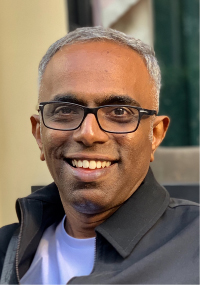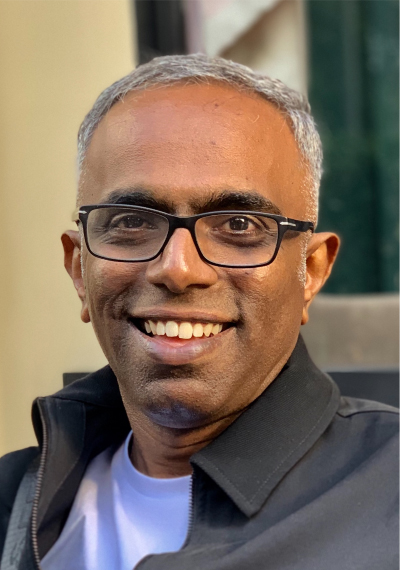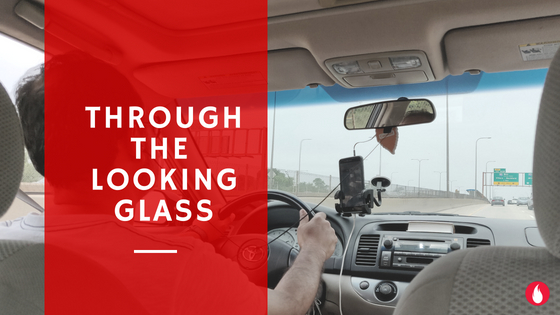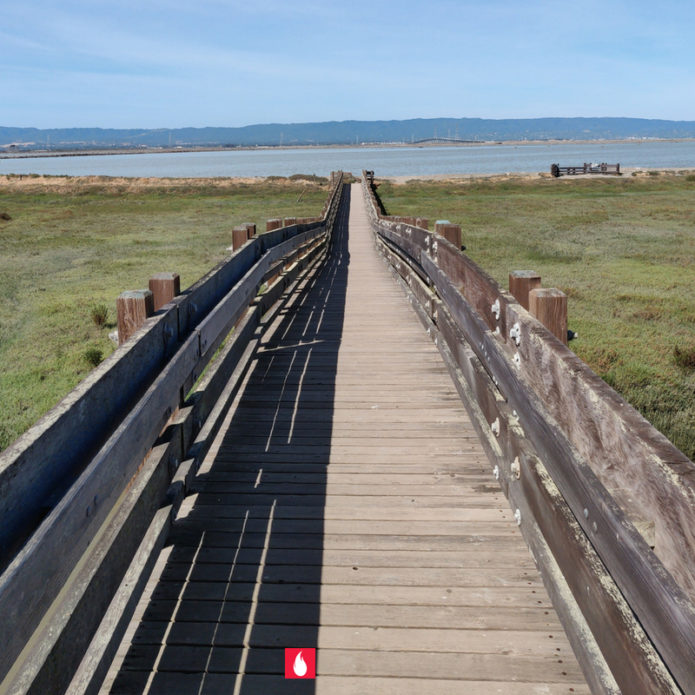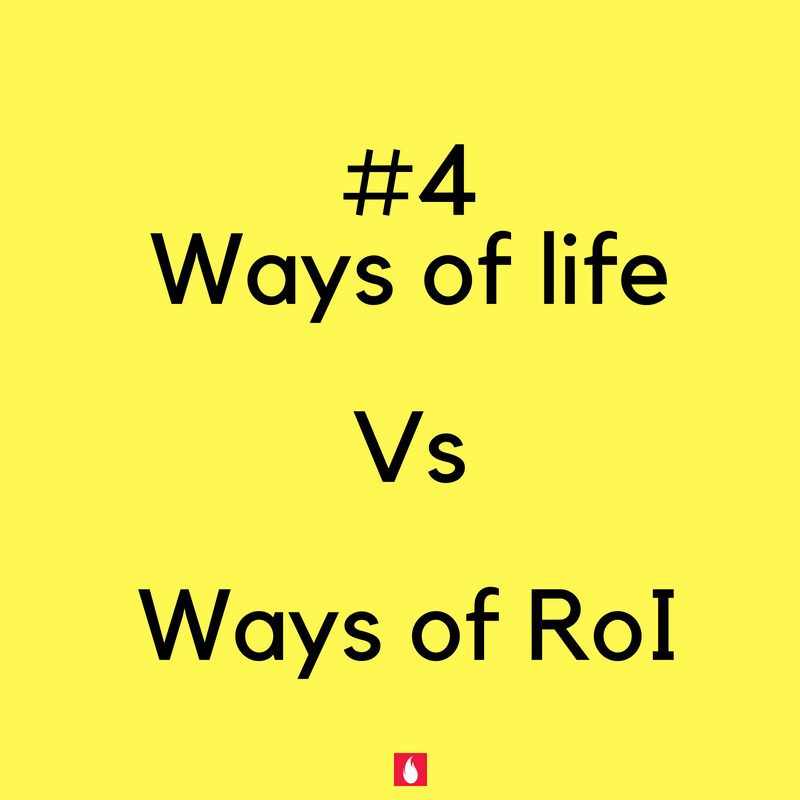He drove by with a wave, rolled down the window and asked,”Kavi?” In an inchoate two minutes, I was seated settled in the comfortable car with his words “I’ll get you to the airport. Nice and safe” to soothe me.
#SHRM18 had just wound down to a close and I was tearing myself away from the comfortable confines of McCormick Place in Chicago. Salim (name changed ) was my Uber driver.
Uber drivers who indulge my need for conversations are special. Speak to a few of them in a city, and you can map whats on the city’s mind. The chat reduces the distance and as a bonus, I get to know another human being. What is a platform transaction morphs into a human interaction. A connection established by stories and sharing. The interaction with Salim was one such.
We chatted about the economy, immigration, life in the USA and India. And this elusive thing called ‘home’. And much else.
He told me about his home in Palestine and of his long trek to Jordan where his parents stay. And the longer trek to the US more than two decades ago. His voice swinging from excitement to despair with seamless ease. Like shifting lanes on an empty road.
The man had studied law in Jordan, ran a restaurant for fifteen years in the US before taking to be an Uber driver. He loved law. But couldn’t practice law in the US. To be able to do so would require his going back to law school. Which would set him back by several thousand dollars. He had made his peace and he saw his future in driving trucks. He had applied for a license and he was due to get it shortly.
For a while, he spoke of the opportunity in truck driving. The lucrative nature of it all and the lifestyle he would be able to afford his kids. Plus the effort and investment required to get there. He sounded like a monarch who awaited coronation the next day.
After a while, in a manner of conversation, I asked him if he had heard of unmanned trucks. His face donned a dismissive hat. As I explained to him all that I knew of the experiments with self-driving trucks, the dismissive smile morphed to have a ring of disbelief and distress.
An uncomfortable silence filled the air and as a red light stopped the car in front of us, he turned around, faced me and asked, “What will happen to all the jobs?” His hurting tone and halting words were making me guilty. I realised. Before I could say anything else, the man held the steering with one hand, looked ahead and spoke into the windscreen.
“Technology is good. But it can hurt and the people who make the technology must also be aware that it can hurt. Even as we make technology to take us forward we must build boundaries for it. We have to be aware of the not so obvious consequences also. We have to make wise choices”
“Someone must speak and think for the countless who don’t have a choice or an option. The rich and the privileged cannot be the sole inheritors of the future. Every generation must have an opportunity to compete and create a new future.”
I wished I could have recorded all that he said, even as I scribbled notes on a random piece of paper. I wished the ride was longer as my glass window showed the busy environs of O Hare beyond it.
He parked got out of the car, opened the trunk, took the suitcases out and said, “thank you for listening”. For a brief moment, our eyes met, as I nodded and wished him well. His Uber app announced a new passenger and took with it a few things he had to say. I will never know what his closing comments were! The ‘here and now’ urgency of the platform economy will keep him going for a while, I thought, as I saw the car disappear amidst other arrivals and departures.
A while later, I sat at the boarding gate mulling over our conversation. Just that morning Sheryl Sandberg had given a tip about asking “What are you not working on”. It was a powerful idea, which leads me to think the awareness we have about what we don’t discuss enough about.
Disruption and innovation, lead only from a ‘profit’ / ‘valuation’ centric mindset are half-baked. Unless growth is inclusive all disruptions will eventually be disrupted.
As I awaited boarding, I realised, these conversations are not fool’s errands. We need to ply our minds better. Again and again. And again.
